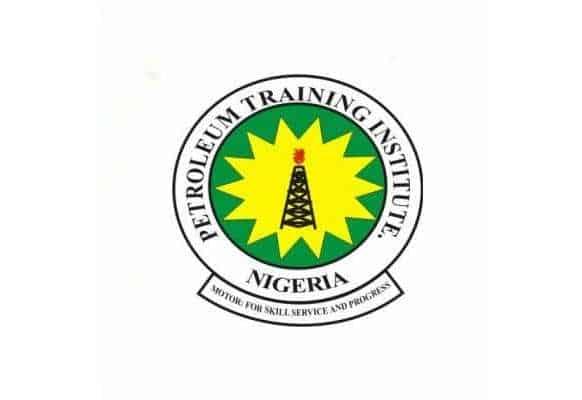FG task PTI to boost indigenous employment in petroleum industry
The federal government, through the ministry of petroleum has issued a clear mandate to the Petroleum Training Institute (PTI) and its partners, urging a strategic collaboration aimed at enhancing the capacity of Nigerians, and increasing indigenous participation in the oil and gas sector.
Emeka Obi, permanent secretary, ministry of petroleum emphasized this mandate on Wednesday, at the ongoing ‘International Conference on Hydrocarbon Science and Technology’ ICHST, organised by the Petroleum Training Institute (PTI) in Abuja.
According to Obi, the focus of the institute should be on tangible outcomes over the next three years, moving beyond traditional training models to foster direct industry integration and wider access.
He emphasized that the increase in Nigeria’s crude output, which has risen to 1.83 million barrels per day and active drilling rigs have increased from 31 to 50 within seven months in 2025, demonstrates that the regulatory reforms are bearing fruit, hence the need for skilled manpower to sustain the momentum.
He charged the institute and partners to collaborate in ensuring that at least 70 percent of PTI graduates within the next 3 years are placed in industry roles or start-up ventures, thereby increasing indigenous participation.
Read also: NGX hits highest USD market cap since June 2023
“The Ministry expects PTI and all stakeholders to collaborate in partnering with operators to ensure internships and apprenticeship schemes for PTI trainees, so that theory meets practice. Roll out a digital learning platform enabling remote/hybrid delivery of oil & gas modules, to broaden access beyond Delta State and into northern, eastern zones of Nigeria.
“Establish metrics and dashboards to track performance: number of certified welders and technicians; number of research papers produced; number of local content contracts supported by PTI-trained personnel; reduction of expatriate manpower over time,” he said.
“Domestic Crude Supply Obligation mandates that a defined volume of crude must go to domestic refiners before export. The operationalisation of this regime is critical to further value-addition and job creation. That process will require skilled technicians, membrane of logistics, mid‐/downstream operations, again pointing to the importance of training and capacity across the value chain,” Obi said.
This initiative, he said will directly increase the number of qualified Nigerians participating in the sector, tackling the challenge of underemployment among technical graduates.
In his remarks, Samuel Onoji, principal and chief executive, PTI noted that the institute wss established as an OPEC requirement to train and certify middle level manpower required to drive and sustain the oil and gas industry in Nigeria and Africa in general.
According to him, in the Institute since inception, over 55,000 skilled and competent professionals, technicians, technologists, craftsmen, and operators required for the oil and gas industry have been trained.
Speaking on the theme of the conference: ‘Transforming Africa’s hydrocarbon sector: balancing growth, environment and governance’, Onoji said that Africa’s hydrocarbon resources remain pivotal to the continent’s economic development and energy security.
According to him, the sector faces significant challenges, such as inadequate infrastructure, insufficient investment, which is driving energy poverty in the continent.
Read also: Storage, processing gaps dim groundnut prospects
“As we navigate the complexities of energy transition, climate change imperatives, and quest for sustainable development, the balance between growth, environmental stewardship, and governance has never been more pertinent.
“To address these challenges, the African Petroleum Producers’ Organization (APPO) in partnership with African Export-Import Bank (Afreximbank) have joined forces to establish the Africa Energy Bank (AEB) with headquarters in Abuja, Nigeria to provide low-interest rate funds for oil & gas projects, and also assists Africa countries to transit to renewable energies in future.”
He called for the early commissioning of the Africa Energy Bank to enhance energy access for African countries, promoting economic growth and reducing energy poverty.
“This conference provides a unique platform for us to deliberate on strategies that can propel Africa’s hydrocarbon sector towards a future that is not only prosperous, but also sustainable and equitable,” he added

